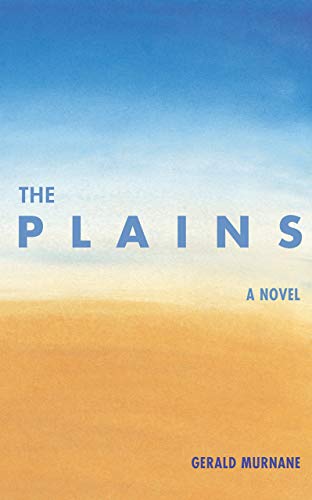What do you think?
Rate this book


111 pages, Paperback
First published January 1, 1982
And the man who travels begins to fear that he may not find a fitting end to his journey. IŌĆÖve spent my life trying to see my own place as the end of a journey I never made.
In this library I have come across whole rooms of works speculating freely on the nature of the plainsman. Many of the authors inhabit systems of thought that are bizarre, bewilderingly unfamiliar, perhaps even wilfully removed from common comprehension. But no writer I have yet found has tried to describe a plainsman as bound by the vicissitudes of his flesh ŌĆ� and certainly not those misfortunes that afflict each body in the years before the heart can properly sustain it.









"I watch the man in my mind writing with his pencil in his notebook while he sits in the fields of grass."
Gerald Murnane, "In Far Fields", 1995
"Perhaps surprisingly for someone so self-contained, [Murnane] taught creative writing for many years at Prahran Teachers College, now absorbed into Deakin University.
"He took early retirement from teaching, disillusioned, he says, by the shift from text to other, less concrete concerns, such as literary theory...
" 'The unit I dealt with was the sentence. It was where I started: no theoretical talk about meaning, theme, character, social relevance or any such thing.' "
"I would then go on to tell my student that my mind consisted only of images and feelings; that I had studied my mind for many years and had found in it nothing but images and feelings; that a diagram of my mind would resemble a vast and intricate map with images for its small towns and with feelings for the roads through the grassy countryside between the towns."
"Good writing exactly reproduces what we should call the contour of our thought."

"Even in the inmost rooms of the library, on the third storey of the north-east wing, I sometimes heard, across courtyards shaded from the late afternoon sunlight or swept by the flight of bats at dusk, the first, and then, after an interval almost exactly predictable, the second of the immoderate roars that marked the dual climax of some revelation by a client whose final achievement had been to suggest, through the difficult medium of his particular craft, some detail of a plain paradoxically apart from, and yet defining further, the land revealed moments afterwards between the ponderously parting curtains."
"I too have admired the tortuous arguments and detailed elaborations, the pointing-up of tenuous links and faint reverberations, and the final triumphant demonstrations that something of a motif has persisted through an immense body of digressive and even imprecise prose."